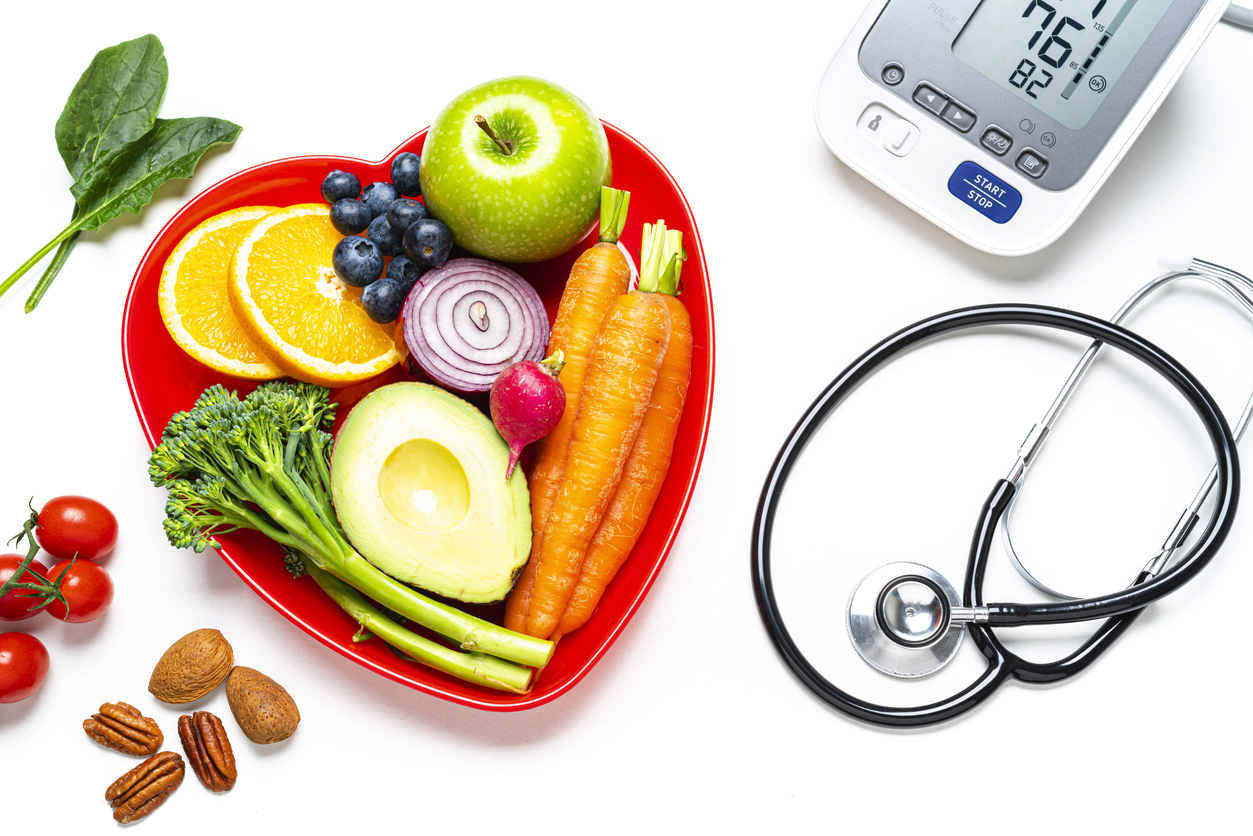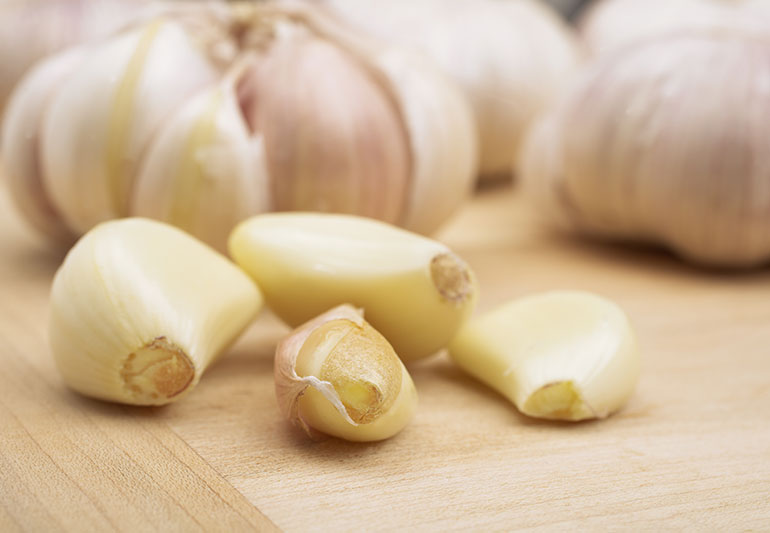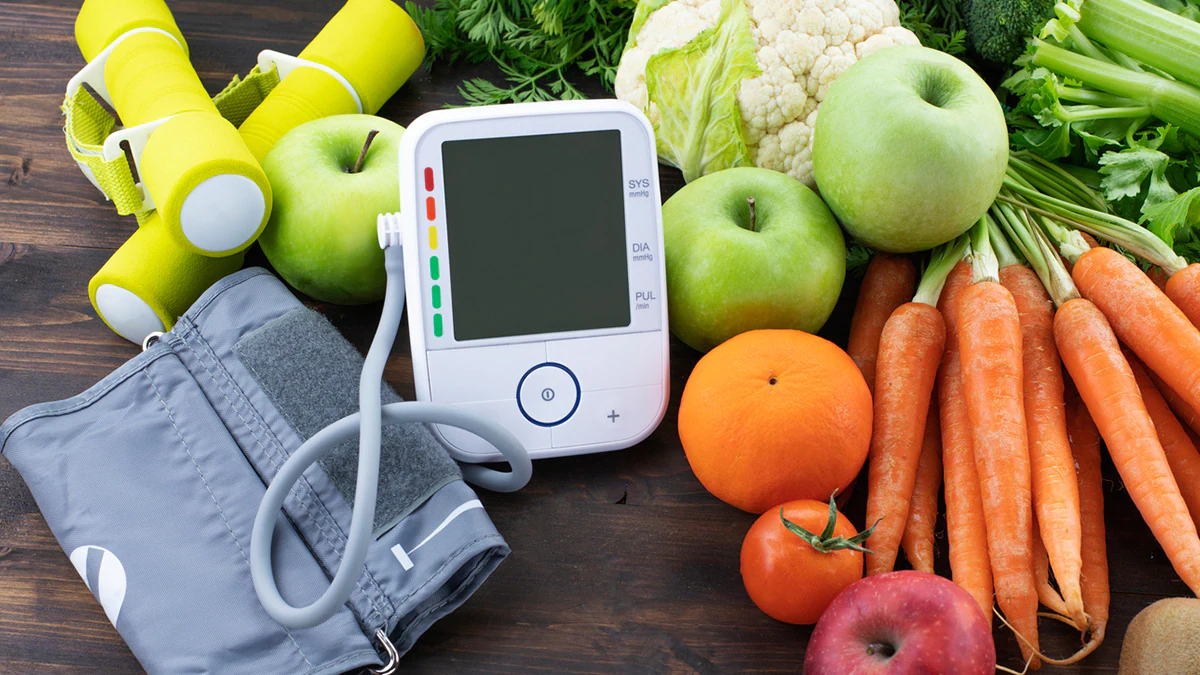High blood pressure, medically known as hypertension, affects millions of people worldwide and stands as one of the leading risk factors for cardiovascular disease, stroke, and other serious health complications. While conventional medications remain the gold standard for treating severe hypertension, many individuals are increasingly turning to natural remedies as complementary approaches to manage their blood pressure levels effectively.
The appeal of natural remedies lies not only in their potential to reduce blood pressure but also in their ability to address the root causes of hypertension while minimizing side effects. These approaches encompass dietary modifications, herbal supplements, lifestyle changes, and stress management techniques that work synergistically to support cardiovascular health. Research has shown that certain natural interventions can lower blood pressure by 4 to 11 mm Hg, which is comparable to some prescription medications.
What makes natural remedies particularly attractive is their holistic approach to health. Rather than simply masking symptoms, these methods often address multiple aspects of cardiovascular wellness simultaneously. For instance, consuming potassium-rich foods not only helps regulate blood pressure but also supports heart function and helps the kidneys eliminate excess sodium.
Similarly, stress-reduction techniques like meditation and deep breathing don’t just lower blood pressure at the moment – they help retrain the body’s stress response system for long-term benefits. However, it’s crucial to understand that natural doesn’t always mean risk-free.
These remedies should complement, not replace, professional medical care, especially for individuals with moderate to severe hypertension. The key to success lies in adopting a comprehensive approach that combines the best of both natural and conventional medicine under proper medical supervision.
Dietary Approaches to Blood Pressure Management

The DASH Diet Foundation
The Dietary Approaches to Stop Hypertension (DASH) diet represents one of the most scientifically validated nutritional approaches to managing high blood pressure. This eating plan emphasizes whole grains, fruits, vegetables, and low-fat dairy products while limiting saturated fat, cholesterol, and sodium intake. Research demonstrates that following the DASH diet can reduce blood pressure by up to 11 mm Hg, making it as effective as some medications.
The Mediterranean diet offers another evidence-based approach, sharing many similarities with DASH but incorporating more healthy fats from sources like olive oil and nuts. Both diets work by providing essential nutrients that support cardiovascular health while reducing inflammatory compounds that can contribute to hypertension.
Essential Nutrients for Blood Pressure Control
Potassium serves as a crucial mineral for blood pressure regulation, helping the kidneys eliminate excess sodium while relaxing blood vessel walls. Adults should aim for 3,500 to 5,000 mg of potassium daily, which can lower blood pressure by 4 to 5 mm Hg. Excellent sources include bananas, avocados, sweet potatoes, spinach, and Greek yogurt.
Magnesium works alongside potassium to relax blood vessels and can be found in leafy greens, nuts, seeds, whole grains, and legumes. Calcium plays a vital role in blood vessel function, helping them contract and relax appropriately. Good sources include dairy products, leafy greens, and calcium-fortified foods.
Fiber supports blood pressure management by feeding beneficial gut bacteria, which produce short-chain fatty acids that help lower blood pressure. Adults should consume 25 to 35 grams of fiber daily from whole grains, fruits, vegetables, and legumes.
Powerful Herbal Remedies and Supplements

Garlic: Nature’s Blood Pressure Regulator
Garlic stands out as one of the most researched natural remedies for hypertension. Both raw and cooked garlic can help lower blood pressure by relaxing blood vessels and improving blood flow. Aged garlic extract has shown particular promise in clinical studies, working effectively both as a standalone treatment and alongside conventional therapies.
The active compounds in garlic, particularly allicin, contribute to its cardiovascular benefits. Regular consumption of garlic can be easily incorporated into daily meals, or individuals can opt for standardized garlic supplements for more concentrated effects.
Hibiscus Tea: A Flavorful Solution
Hibiscus tea offers a delicious way to support blood pressure management. Rich in antioxidants, this vibrant red tea has been shown to help lower both systolic and diastolic blood pressure. The polyphenols in hibiscus work by improving blood vessel function and reducing oxidative stress that can contribute to hypertension.
Turmeric and Ginger: Anti-Inflammatory Powerhouses
Turmeric contains curcumin, a compound with potent anti-inflammatory and antioxidant properties that can help reduce inflammation and improve heart health. Ginger offers similar benefits, with research showing it may help lower blood pressure while providing additional cardiovascular protective effects, including improved circulation and reduced cholesterol levels.
Specialized Herbal Compounds
Chinese cat’s claw contains compounds like hirsutine and rhynchophylline that may stimulate blood vessels to produce nitric oxide, helping vessels relax and dilate. Other promising herbs include berberine, which some studies suggest could help lower blood pressure levels, and various Traditional Chinese Medicine formulations that have shown effectiveness in systematic reviews.
Lifestyle Modifications for Natural Blood Pressure Control

Exercise: The Foundation of Heart Health
Regular physical activity represents one of the most effective natural interventions for lowering blood pressure. Just 30 minutes of walking daily can make a significant difference, with more exercise providing even greater benefits. Exercise helps make the heart stronger and more efficient at pumping blood, which reduces pressure in the arteries.
The key is consistency rather than intensity. Moderate aerobic activities like brisk walking, swimming, or cycling can be more sustainable and equally effective as high-intensity workouts for blood pressure management.
Stress Management Techniques
Chronic stress contributes significantly to elevated blood pressure, making stress management crucial for natural hypertension control. Meditation and deep breathing exercises activate the parasympathetic nervous system, which helps slow the heart rate and lower blood pressure.
Diaphragmatic breathing, practiced twice daily for four weeks, has been shown to reduce both systolic and diastolic blood pressure. Other effective stress-reduction techniques include yoga, tai chi, and progressive muscle relaxation.
Sodium Reduction and Smart Food Choices
Limiting sodium intake to no more than 1,500 mg daily can significantly impact blood pressure levels. This requires reading food labels carefully and choosing fresh ingredients over processed foods whenever possible. Instead of salt, herbs, and spices like cinnamon, turmeric, garlic, cumin, and ginger can add flavor while providing additional health benefits.
Cooking at home allows better control over sodium content and ingredient quality. When shopping, look for foods labeled “low sodium” (140 mg or less per serving) or “sodium-free” (less than 5 mg per serving).
Important Considerations and Safety Guidelines
While natural remedies offer promising benefits for blood pressure management, they require careful consideration and professional guidance. Individuals taking blood pressure medications should consult their healthcare providers before starting any natural remedies, as some herbs and supplements can interact with medications or cause blood pressure to drop too low.
People with kidney disease need special caution with high-potassium foods, and those taking blood thinners should be careful with vitamin K-rich foods like leafy greens. Natural remedies work best as part of a comprehensive approach that includes regular medical monitoring and may complement rather than replace prescribed medications.
The most effective natural approach to blood pressure management combines multiple strategies: following a heart-healthy diet rich in potassium, magnesium, and fiber; incorporating regular physical activity; managing stress through meditation or deep breathing; limiting sodium and alcohol intake; and considering appropriate herbal supplements under medical supervision. This holistic approach addresses the multiple factors that contribute to hypertension while supporting cardiovascular health.

